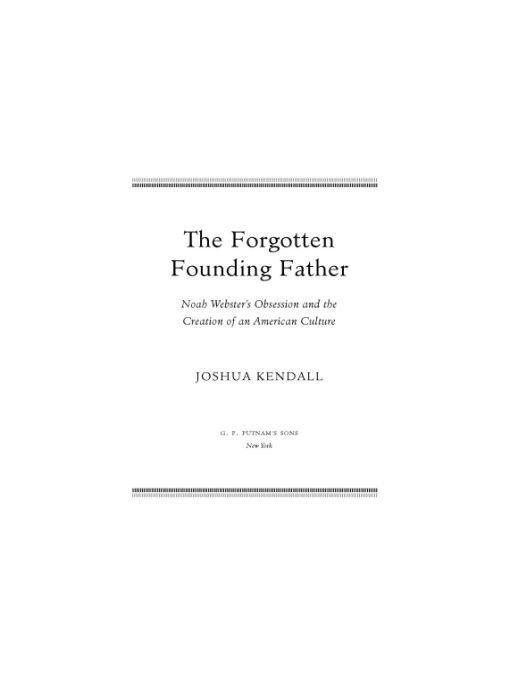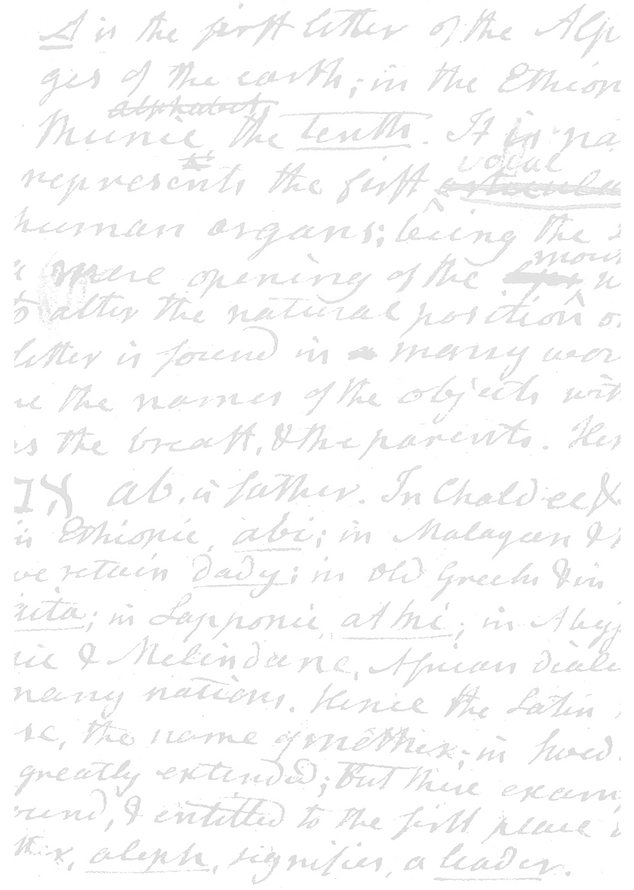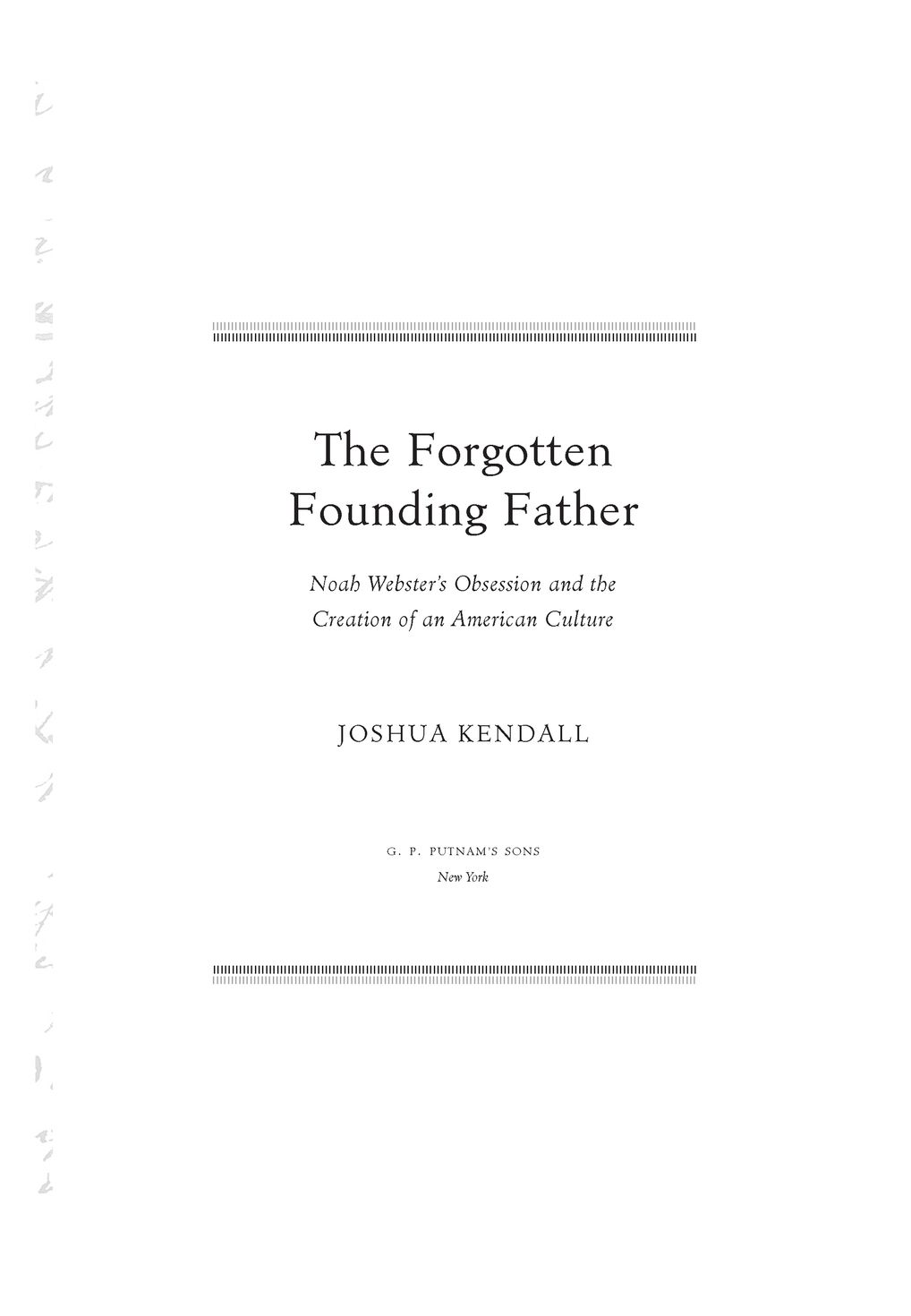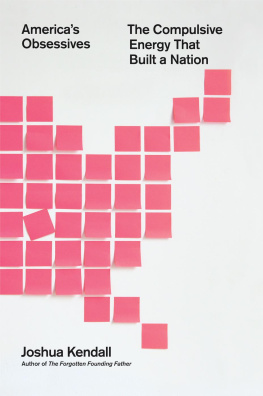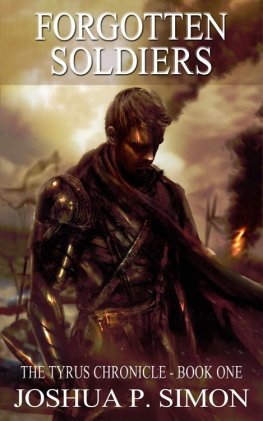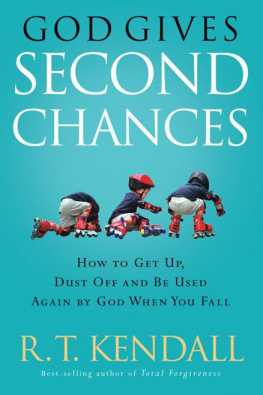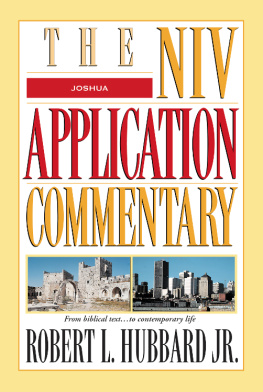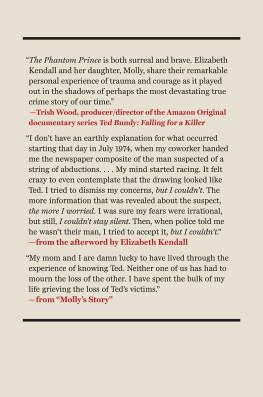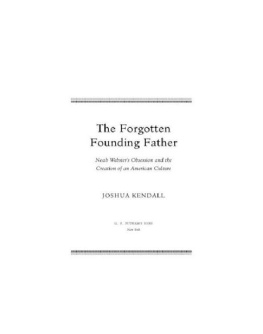Table of Contents
ALSO BY JOSHUA KENDALL
The Man Who Made Lists:
Love, Death, Madness, and the Creation of Rogets Thesaurus
For word lovers everywhere
Words have a longer life than deeds.
Pindar
If any material good is ever to proceed from my attempts to correct certain
disorders and errors in our language, it must be from the influence of my
writing on the rising generations.
Noah Webster, December 14, 1837,
letter to his son-in-law William Fowler
Prologue
George Washingtons Cultural Attach: The Definer of American Identity
AMERICAN, n. A native of America; originally applied to the aboriginals, or copper-colored races, found here by the Europeans; but now applied to the descendants of Europeans born in America. The name American must always exalt the pride of patriotism. Washington.
The morning of Friday, May 20, 1785, was bright and sunny, though there was a slight chill in the air. In the early afternoon, just as the mercury hit 68 degrees, the brisk southerly wind began to calm down. But not so Noah Webster, Jr. He kept beating his horse with a cane as he traipsed across the rocky roads just south of Alexandria. A young man in a hurry, the gangly six-footer with the flaming red hair, square jaw and gray eyes was dashing off to keep an important appointment. The world-famous General, the man considered by most of Americas three million denizens to be the greatest on earth, had invited himthe son of a poor Hartford farmerto the elegant four-thousand-acre estate known as Mount Vernon. Websters latest work, Sketches of American Policy, offered a series of proposals for the countrys malaise, and George Washington, who, upon retirement from the military at the end of the American Revolution, had become Americas first farmer, was eagerly awaiting his arrival.
The twenty-six-year-old writer with the remarkably erect bearing, who had burst onto the national stage two years earlier with the publication of his instant best seller, a spelling text for schoolchildren, had crossed Washingtons path once before. In June 1775, as a freshman member of the Yale militia, he had escorted the General out of New Haven as he was about to take up command of the Continental army in Cambridge. But this was to be the first time they would meet man to man. And it was a dinner Webster would never forget. Nearly sixty years later, Webster would record the details in a letter written in a sturdy, awkward hand very fit for a lexicographer (according to novelist Nathaniel Hawthorne, who later acquired the document for his personal collection of Colonial memorabilia).
After passing the white picket fence some three hundred yards to the back of Washingtons house, Webster dismounted. Washingtons secretary, Mr. Shaw, then ushered the visitor into the elegant central passage where Washington greeted Webster. Dressed in a white waistcoat and white silk stockings, the six-foot-two General had to look down ever so slightly to meet Websters gaze. Washington motioned toward the wood-paneled west parlor, where the two men soon sat down on mahogany chairs near the card table. Designed a generation earlier, the cozy room that Washington called the best place in my house still evinced a distinctly British sensibility. The carved overmantel was patterned after a plate in Abraham Swans British Architect and the Palladian detailing on the door frames was lifted from another popular British manual, Ancient Masonry by Batty Langley.
Washington was a stickler for routinehe liked to eat dinner promptly at three and go to bed at nineand before long, it was time to eat. The table was set for four. Dining that afternoon were also the Generals wife, Martha, and another houseguest, Richard Boulton, a building contractor from Charles County, Maryland, recently hired to make additions to the mansion.
Sipping a glass of Madeira, Webster got a chance to explain the crucial fourth and final sketch of his pamphlet. The Articles of Confederation, passed in haste by the Second Continental Congress in the summer of 1777, had, according to Webster, failed to unite the thirteen colonies sufficiently. In this political tract, as in his speller, the first school-book to substitute the names of Americas cities and towns for their British counterparts, Webster urged Americans to celebrate their new national identity. Summarizing his main concern, he told Washington that since each state retained the power to defeat the will of the other twelve states, our union is but a name and our confederation a cobweb. Webster argued that it was time for the citizens of the new nation to redefine themselves: We ought not to consider ourselves as inhabitants of a particular state only, but as Americans, as the common subjects of a great empire. We cannot and ought not wholly to divest ourselves of provincial views and attachments, but we should subordinate them to the general interests of the continent. A stronger federal government, Webster emphasized, could improve the advantages of the American states, as provincial interest would become inseparable from national interest . Washington nodded his assent, promising Webster that he would ask his friend the Virginia legislator James Madison to read the entire work as soon as possible.
Over dessert, the conversation turned to less pressing matters, enabling Washington and Webster to cement their emerging bond. As the pancakes were passed around, Webster refused molasses, complaining that as a New Englander, he tended to eat more than his fair share. The typically dour Washington startled his dinner companions by emitting an uncharacteristically loud laugh, stating, I didnt know about your eating molasses in New England. Then looking over at Boulton, the guest from Charles County, the General proceeded to tell the following anecdote: During the Revolution, a hogshead of molasses was stove in at the town of Westchester by the oversetting of a wagon, and a body of Maryland troops being near, the soldiers ran hastily and saved all they could by filling their hats and cups with molasses. After dinner, the Connecticut visitor and George and Martha Washington, whom Webster would later describe as very social, settled down to a game of whist. Summing up that overnight stay with the Washingtons, he gleefully recorded in his diary: treated with great attention.
About six months later, Webster, who spent the summer of 1785 running a singing school in Baltimore, traveled back down to Mount Vernon before heading on to Richmond to discuss his Sketches with Madison. On the evening of November 5, he once again gave the General a civics lesson. At dinner, Washington happened to mention that he was looking to hire a young man to tutor his two step-grandchildrenNelly and Wash Custis, then living at Mount Vernon. He told Webster that he had asked a colleague in Scotland to offer recommendations. A stunned Webster shot back, What would European nations think of this country if, after the exhibition of great talents and achievements in the war for independence, we should send to Europe for men to teach the first rudiments of learning? Immediately grasping Websters point, a humbled Washington asked, What shall I do? But even before he had finished his question, the General himself knew the answer. Out of respect for the emerging new nation, he would restrict his job search to Americans. Washington initially considered Webster for the post, but Webster soon took himself out of the running. On December 18, 1785, Webster wrote that his desire to marry and start a family precluded his moving to Mount Vernon. In that same letter, Webster also confided to the man, who was quickly evolving into a surrogate father, his true aspirations: I wish to enjoy life, but books and business will ever be my principal pleasure. I must write; it is a happiness I cannot sacrifice.

